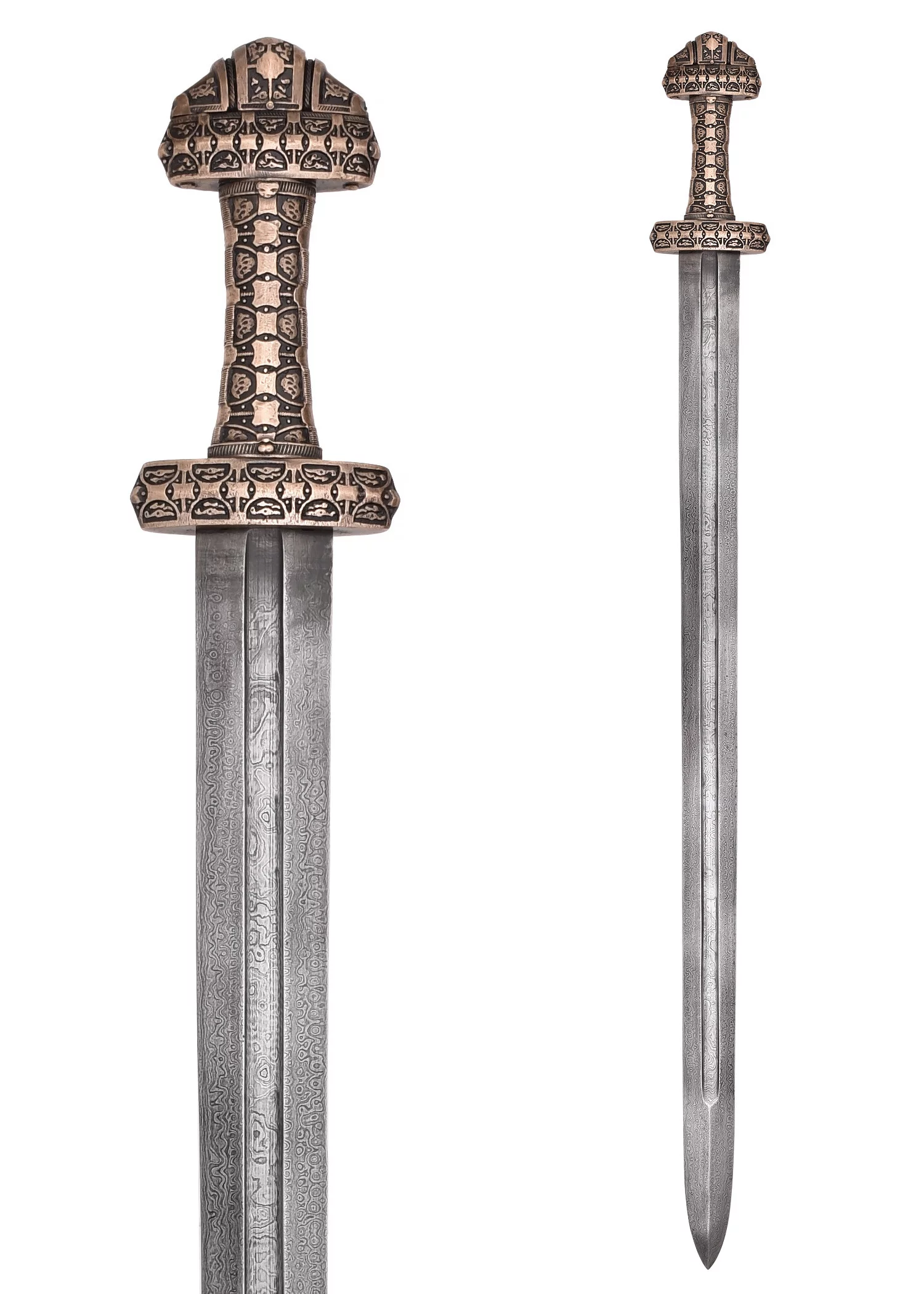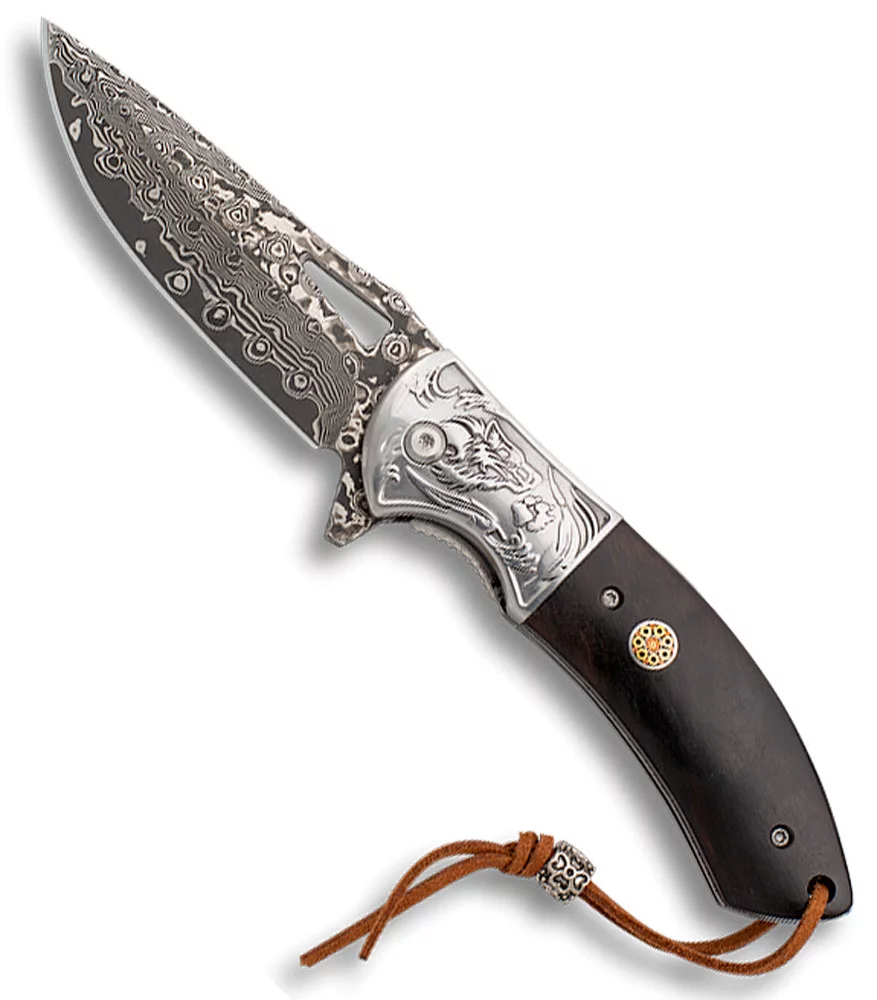What is Damascus Steel?
Damascus Steel is a legendary material in the metallurgy world, famous not only for its exceptional strength but also for the beautiful patterns it displays on its surface. This steel has a history dating back to ancient times, specifically in India, and has evolved over time, becoming a symbol of quality and durability.
Origins of Damascus Steel
The beginnings of Damascus Steel can be traced back to India, where a type of steel known as Wootz steel was first produced around 300 BC. This steel was noted for its high carbon content and unique band patterns that appeared to flow like water. Its popularity grew and eventually reached the Middle East, where Persian and Arab blacksmiths refined their manufacturing techniques. The name 'Damascus Steel' is linked to the Syrian city, a significant trade center in ancient times.
Unique Characteristics
Damascus Steel is particularly valued for:
- Durability: Its composition and manufacturing method make it wear-resistant.
- Exceptional sharpness: Knives and tools made from this steel maintain a very sharp edge.
- Beautiful patterns: The distinctive designs are the result of a forging process involving repeated folding and twisting of the metal.
The patterns can vary from simple wavy lines to complex designs that evoke elements of nature, adding aesthetic value to the final product.
Manufacturing Process
The traditional manufacturing of Damascus Steel requires a meticulous process:
- Alloy composition: An alloy of steel with high carbon content is produced, starting with the melting of iron and coal in a crucible.
- Layered reinforcement: In modern manufacturing, different types of steel are welded together under heat and pressure, creating multiple layers that enhance strength and flexibility.
This process is carried out carefully to ensure the quality and uniformity of Damascus Steel.
Contemporary Applications
Today, Damascus Steel is highly valued in the manufacture of:
- Kitchen knives: Known for their fine edge and corrosion resistance.
- Precision tools: Its durability makes it ideal for a variety of industrial applications.


Thus, Damascus Steel not only represents a legacy of tradition and skill but also continues to impact the quality and aesthetics of contemporary tools and weapons, maintaining its status as a highly desirable material in various industries.



